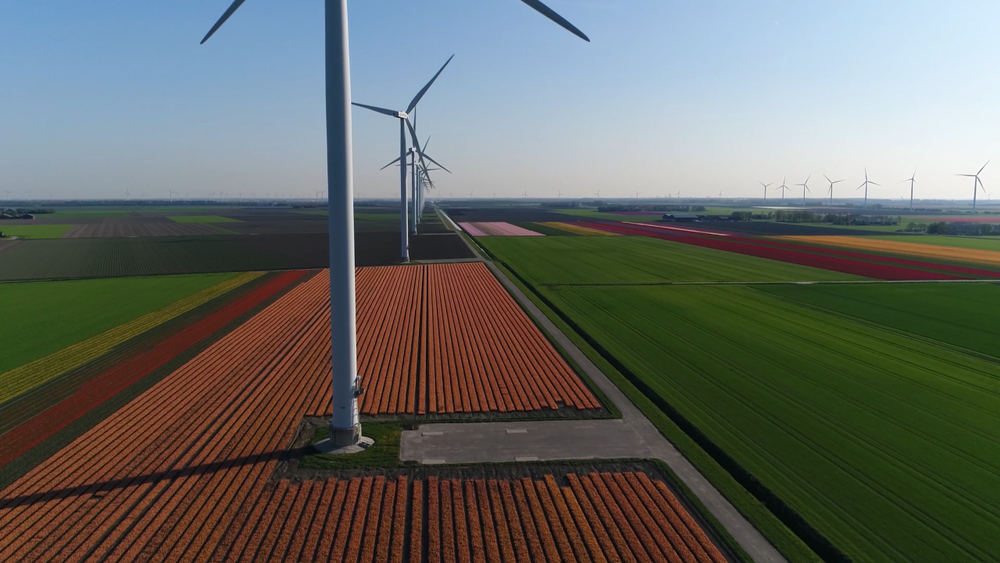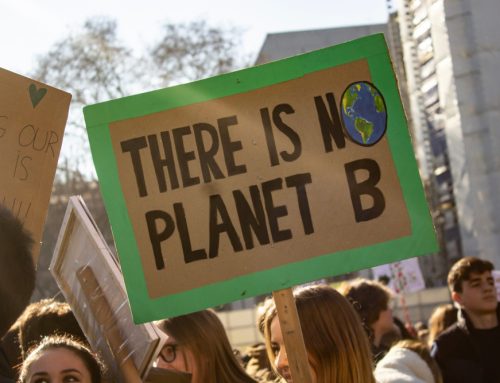The Climate Change Committee (CCC) has set a target for the five years between 2033-37 where the UK must emit carbon emissions 78% lower than 1990 levels to be net-zero by 2050.
For the first time, the government’s climate advisers are proposing the move to be legally binding to ensure a significant impact against climate change.
Under the Paris Agreement and Boris Johnson’s “10-point plan”, the UK is aiming to land itself as an international climate leader. However, targets are high and there is a long way to go.
The CCC has suggested many recommendations and a detailed route map to ending our reliance on fossil fuels, which the organisation has claimed to be both “ambitious and affordable”.
Lord Deben, chair of the CCC, explains: “The price is manifestly reasonable. It will be the private sector that will do much of the investment but it will be the government that sets the tone.”
“It now has to set out in detail the steps required. As we emerge from the Covid-19 pandemic, this is a chance to jump-start the UK’s economic recovery.”
For example, a new analysis from the CCC has found that it is cheaper for the UK to move to electric cars than it is to continue with petrol and diesel cars and vehicles.
Chris Stark, chief executive of the CCC, said: “That’s an amazing new insight, because it has major implications for the overall cost of achieving net-zero.”
“It’s now clear that – at worst – we’ve got a very small cost overall in order to unlock those very big benefits of tackling climate change,” added Stark, on just why it’s so important to make the efforts to become net-zero.
Clara Goldsmith, at the Climate Coalition, commented on the affordable nature of the CCC plan and said: “The government must accept this advice and unleash a decade of ambitious action. There is no downside to embracing this plan. It can transform our society and create hundreds of thousands of green jobs.”








Leave A Comment